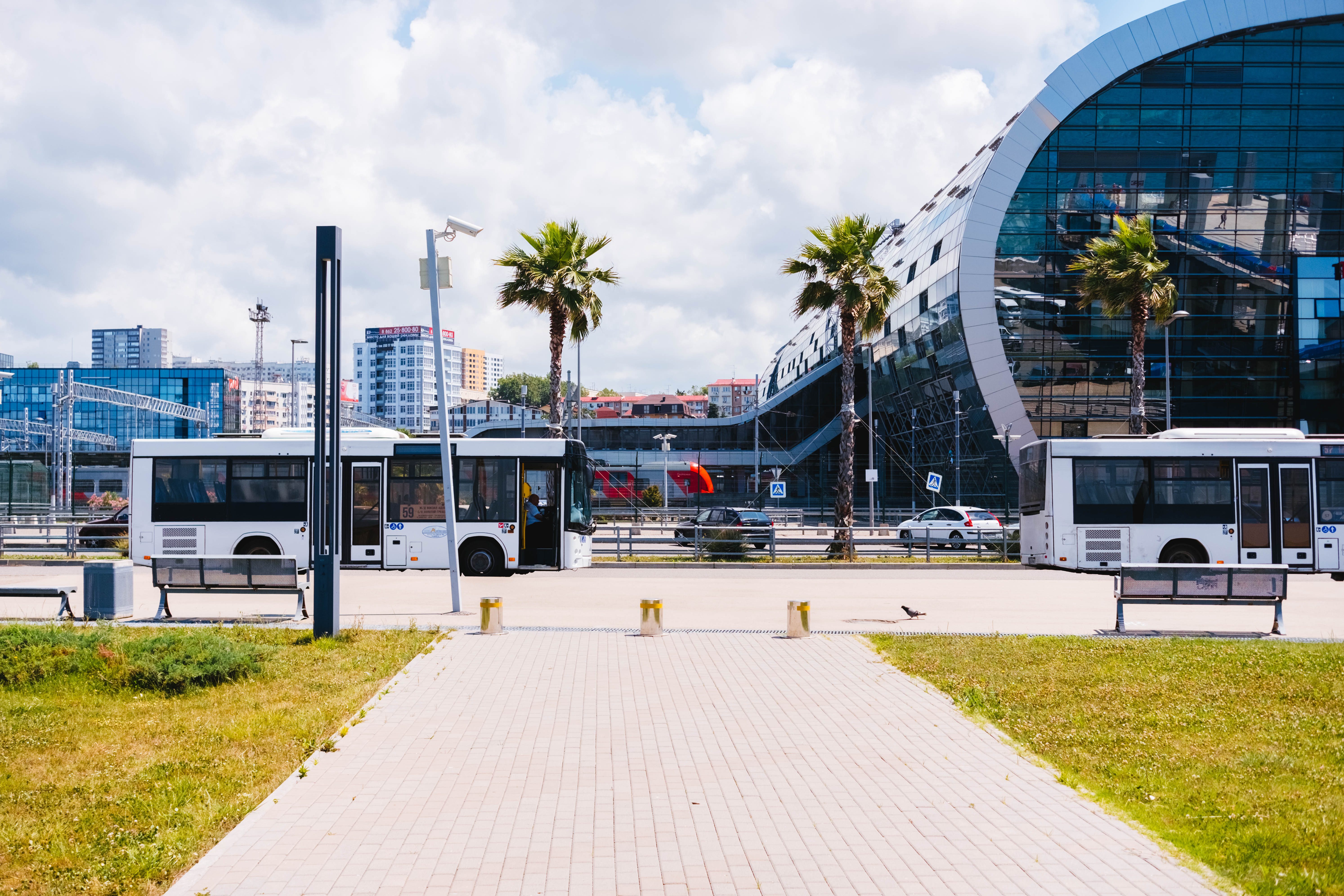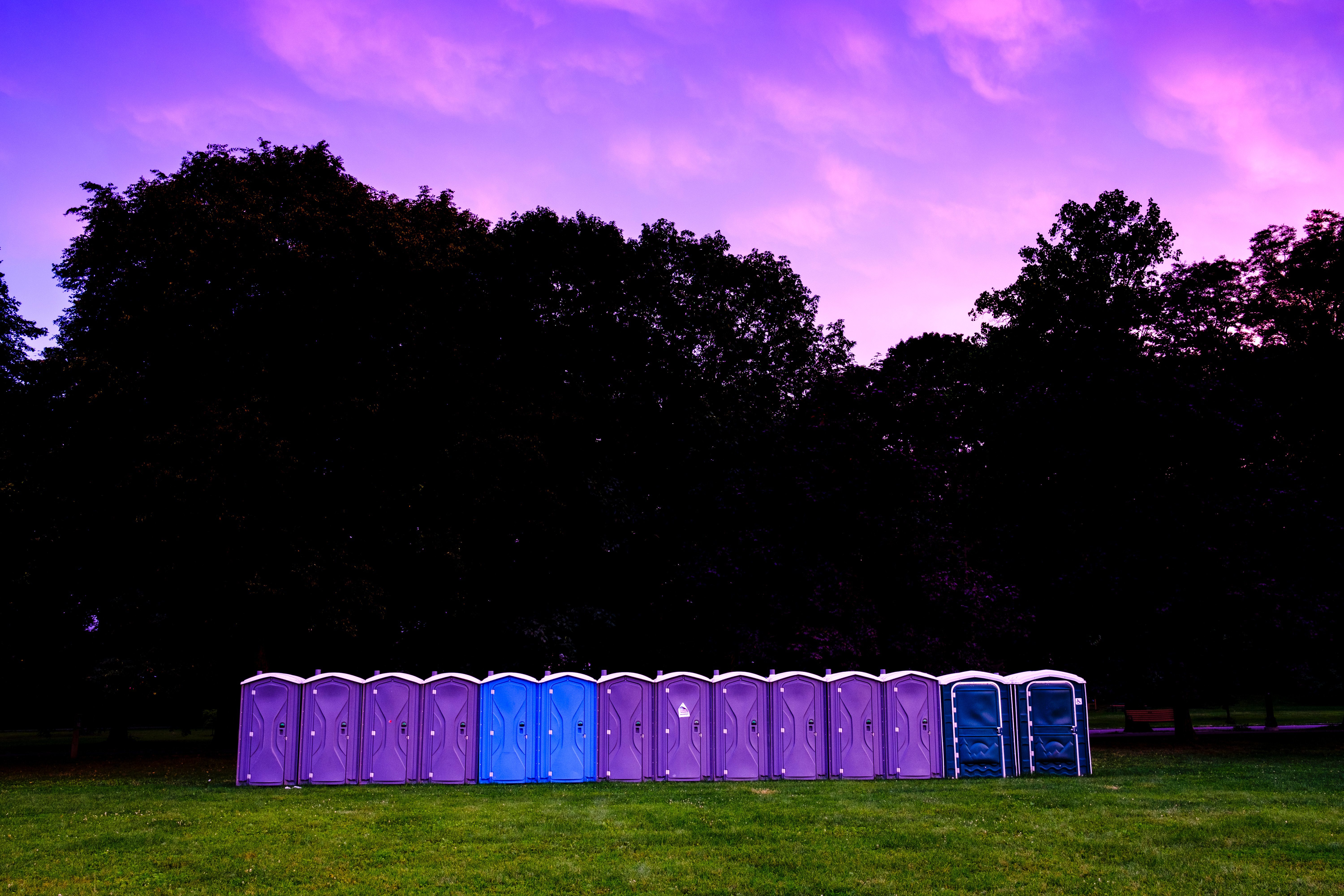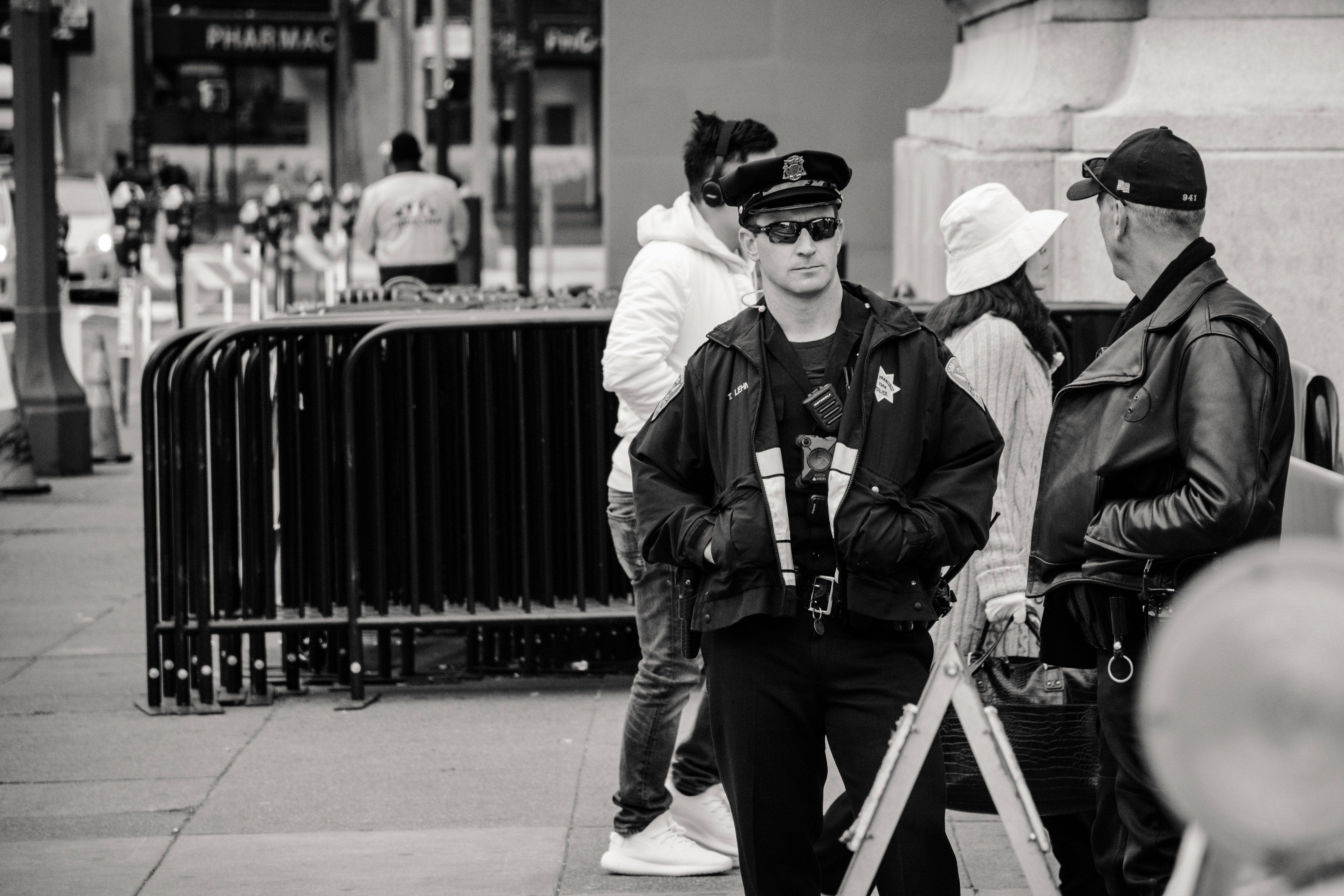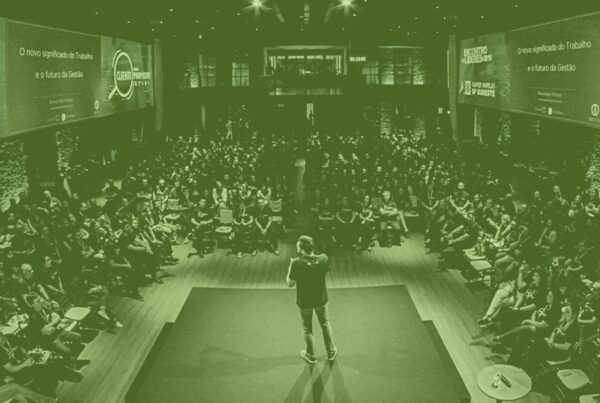There’s something about being in a wide open space that makes outdoor music festivals so special. But, while there’s a magical experience awaiting those who attend, are you all over the planning side of things? After all, music festivals are often large in scale, spanning multiple days and drawing huge crowds. But all those factors mean if you take a shortcut, a lot of attendees could be affected, and the success of your event may be a disappointment. So, now you’re probably wondering how to plan a music festival – successfully.
Find out below, as we explore the many aspects of a music festival, and pinpoint some mistakes you might make when planning one, including:
- Poor catering options
- Limited hydration stations
- Failing to meet staffing requirements
- Inadequate safety and security
- Ignoring your festival’s carbon footprint
- Not preparing for the restroom situation
- Poor planning for multiple acts at once
- Using unreliable equipment
- Having a flawed AV setup
- Disregard for public property
And since you are planning a festival, make your life a bit easier and download our free to keep you organized.
 Mistake 1. Having only a small range of food options
Mistake 1. Having only a small range of food options
While food isn’t high on the list of reasons why people attend music festivals, it really can’t be ignored. Particularly when a festival is a full-day length or spanning multiple days, and attendees might be eating several meals there. When you provide a limited range of food options for event goers, you’re less likely to please them.
Try to provide a variety of options that cover hot and cold, healthy and (ahem) less healthy. Above all, ensure the food is convenient to eat in a festival environment. There’s nothing worse than ordering food and realizing it’s going to be too difficult to tackle without a dining table and steak knife. But, there are a couple more considerations for food when you want to ace how to plan a music festival:
Dietary requirements
Event catering should also meet dietary requirements wherever possible. So consider having one or more food trucks that offer vegetarian, vegan, dairy-free and gluten-free. Depending on the type of music festival it is, you may find the demographic requires more of these options, so try to glean this information when creating your attendee profiles in the planning stage. That way you’ll be able to better cater to your audience.
Nourishment
Aside from what people want, or their style of diet, you need to make sure food is within easy reach and nourishing. There’s a lot of energy expended at music festivals, and if you’re serving alcohol people need to stay well-fed.
 Mistake 2. Not taking steps to prevent heatstroke
Mistake 2. Not taking steps to prevent heatstroke
Festivals are so popular during the warm months of summer and heatstroke is quite a common concern. There are two main factors in preventing heatstroke in your festival-goers – providing shade and access to water. If there aren’t sources of natural shade around, like trees, then make sure you erect some form of temporary structure, like large tents for event goers (and your event team) to retreat from the sun. So, how to plan a music festival and keep your event goers hydrated? There are three critical steps:
- Rather than selling water at each food vendor, have dedicated water stations.
- Have enough stations for the number of attendees and make sure they are placed at convenient intervals around the festival venue. You certainly don’t want people passing out while waiting in lines that are too long.
- Building on the previous step, make sure event goers are aware of where the stations are. Signage is necessary, and an event app would be immensely helpful here to point people in the right direction, whether that’s via an interactive map or a chatbot they can ask.
 Mistake 3. Understaffing your event
Mistake 3. Understaffing your event
Staff have a tremendous contribution to the overall success of a music festival. So, if you’re wondering how to plan a music festival and have event goers feel well-supported and catered to at all times, focus on getting your staffing levels right. But, understaffing your festival isn’t only detrimental to event goers. It’s also a big problem for your event staff. It’s difficult to keep your event team happy in their roles and friendly if understaffed. And of course, this has a flow-on effect of making them less helpful and welcoming to attendees. Here’s a quick run-down on the types of staff you’ll need and why:
-
Parking staff
They ensure everyone can park safely and legally. You might have a muddy festival ground that people need help navigating safely in their vehicles. Or strict parking conditions at your outdoor venue that you need to make sure attendees comply with.
-
Food and beverage staff
They not only keep your festival-goers fed, but also keep lines moving quickly. If they’re rushed, they might let things slip through, like serving alcoholic beverages to those they shouldn’t – and you don’t want to end up in that hot water!
-
Cleaning staff
Although it might not be glamorous, cleaning staff deserve huge props for keeping restrooms clean.
-
General team
They provide enough assistance generally in attending to event goer questions, but also in case of emergency.
Mistake 4. Not having adequate security & safety measures
We talked a lot about getting back to basics and planning a safe event here. But, the truth is, it never hurts to brush up on the different areas of safety and security that are particularly relevant to the type of event you’re holding. Not having the right standards in place is an enormous mistake for events profs. After all, it’s a big responsibility to keep all event goers safe. Here’s how to plan a music festival around the top five considerations for safety and security:
-
For general monitoring
To start with you need to have enough security staff for minor incidents. But, you also need first aiders on hand for sunstroke or other health issues that arise.
-
In case of emergency
You need all your event staff to be fully briefed on the procedures to follow for larger emergency situations. Your security team also needs to be qualified and trained in response methods – whether for a natural disaster or a tragic incident like the Las Vegas shooting.
-
Weather monitoring
This is exceptionally important for outdoor music festivals. Rather than relying on basic weather knowledge or even worse, intuition, you should use a lightning detection system and qualified meteorologist to monitor weather and take action before it strikes.
-
Evacuation plan
This is a must for every event, as is making sure all staff are well-briefed in how to follow it.
-
Outside help
Inform medical services and law enforcement of your upcoming event and request they be onsite for a speedy response if needed.
Mistake 5. Having a large carbon footprint
Music festivals produce massive amounts of waste thanks to their scale, so without some forethought, your event will end up with a large carbon footprint. Luckily, you can make sure you plan a sustainable event, not just an epic one! Wondering how to plan a music festival that’s sustainable? Find ways to cut down on waste like:
-
Using biodegradable cups
You could even take this a step further and offer reusable cups along with a refill service to encourage use by festival-goers. As well as cups, look for others items with biodegradable alternatives, like cutlery. And the big one right now – straws. Don’t forget that when supplying all of these recyclable items, providing plenty of recycling bins becomes just as important, so waste ends up in the right hands.
-
Use an event app
Event apps give event profs like you the ability to make their event a paperless one. An event app offers navigation, schedules, details on performers and a social feed – so paper programs can be a thing of the past! You can even integrate an AI-based chat to add a whole new level of support to festival-goers. Content can be updated in real-time – a definite plus if you have any last-minute changes.
-
Encourage the use of public transport
We would love it if everybody could walk to your upcoming festival, but understand that’s probably not feasible. Instead, public transportation is a way to cut down on the number of carbon emissions that would arise if everybody arrived at your event by private car.
-
Use local food trucks
Likewise, carbon emissions are reduced if food vendors don’t have to travel as far to get to your music festival. Want an inside tip for how to plan a music festival that’s sustainable, but foodies will love too? Simple – engage local food trucks that take pride in using local produce.
-
Use energy-efficient lighting
Talk to your AV team and ask them for the most energy-efficient lighting options to make your festival pop, while being mindful of the environment.
An outdoor music festival is the perfect opportunity to go green and embrace the environment. The beautiful outdoors is your venue after all!
 Mistake 6. Not organizing enough restrooms
Mistake 6. Not organizing enough restrooms
When you’re planning an outdoor music festival, there’s a good chance you’ll have to arrange portable toilets, unless you’re lucky enough to book a venue with permanent ones of course. So, here’s the thing to keep in mind if you are organizing restrooms: long lines = bad news. Nothing breeds discontent among festival-goers like waiting in long lines for far too few restroom facilities. And even worse – when they finally get there, and it’s hardly fit for use because it hasn’t been able to cope with the number of guests. When planning a music festival, you must have enough restroom facilities for the happiness and comfort of attendees.
Not only that, but it becomes a matter of hygiene too. If you’re planning a safe event, you need to provide clean facilities, and that’s much harder to stay on top of when there’s a lot of foot traffic pouring through them. Consider whether the scale of your event will warrant a dedicated team of cleaning and maintenance staff that focus on the keeping the restrooms in top shape.
So, when you’re wondering how to plan a music festival, please remember to pay a lot of attention to basic human needs, like restroom facilities. Your guests will thank you!
 Mistake 7. Poor planning of music acts
Mistake 7. Poor planning of music acts
We know you understand there’s a lot more to planning a music festival than just arranging enough stages for acts to perform on. That’s why we want to draw your attention to some common mistakes when it comes to the specifics of stage and performer positioning.
It’s so important to allow enough space between stages, and pay attention to sound direction planning so that each can be heard if more than one act is playing at a time. A music festival is an immersive experience, and fans of one band will not want to have their favorite song interrupted with sounds of another nearby act.
You also want to take into account that there are multiple acts festival-goers are there to enjoy, so plan the line-up carefully. Think about which acts will be performing at the same time, so people don’t miss performances they want to see. You could use pre-event survey tools to establish patterns in their preferences. These will guide you in deciding who is playing where at what time. You could also consider overlapping acts, rather than running them at exactly the same time. This way fans can potentially catch some of each act they want to see.
 Mistake 8. Trying to cut corners on AV
Mistake 8. Trying to cut corners on AV
Going to a music festival is all about the audio and visual experience. So, it’s no surprise that if you’re wondering how to plan a music festival, you need to pay attention to AV. After all, it’s the perfect opportunity to delight as many of the senses as possible. If there are interruptions to performances, the sound doesn’t travel far enough, or the quality is poor, you’ll disappoint your attendees. And the last thing you want to do is disappoint a raving fan!
One thing, in particular, to watch out for is the even distribution of speakers. For example, if speakers are only on the far outside of the stage, without any center fill speakers, it can create a pocket where audio is poor right in the center where prime viewing spots usually are. Read our free guide to learn more on s.
Using an AV company like Endless Events will ensure sound is effectively dispersed, light shows go off without a hitch and video screens provide additional visuals to ensure even those right at the back get the most out of the experience.
Not only is the quality of AV important, but there’s a big safety perspective to consider too. Using a legitimate AV company ensures the safety of attendees, performers and staff aren’t compromised. An example of this going horribly wrong occurred in 2013. Sadly, part of a giant LED screen fell from the rigging onto workers that were preparing for Miami’s Ultra Music Festival. Two of those workers suffered life-threatening injuries, which reinforces just how significant safety concerns are when planning outdoor music festivals.
 Mistake 9. Using unreliable equipment
Mistake 9. Using unreliable equipment
How to plan a music festival and avoid the mistake of using unreliable equipment? After all, so much gear goes into planning an outdoor music festival. Think about it. You need staging, AV gear, rigging for lighting and power generation sources, to name a few. If each piece of equipment isn’t running smoothly and if your power generation strategy isn’t sufficient, you’re going to be in a world of pain.
You should make sure all of your contractors are using reliable and tested equipment. If they intend on creating something spectacular by using new technology – that’s great! But, we recommend you ask them if it has already been proven to work well, to avoid any glitches during the festival. At the other end of the spectrum is old equipment. Often companies can make more profit by continuing to use older equipment, but it’s important you aren’t compromising and receiving older gear that doesn’t function as well.
As well as being able to achieve your goals and function efficiently, the gear needs to have weather and waterproof ratings. You don’t want a summer shower causing gear malfunctions. Even if the weather is cooperating, there can be other factors at play that place gear and ultimately, performance quality at risk. Like sprinklers coming on, if it isn’t a designated festival ground and the grounds people haven’t been adequately informed.
 Mistake 10. Being negligent with public property
Mistake 10. Being negligent with public property
Just because your festival is being held outdoors, doesn’t mean you can forget about taking care of the venue. In some cases, you’ll have to protect the very grass you’re walking on. It might be the last thing on your mind, but if you’re wondering how to plan a music festival, figuring out ways to leave the venue just the way you found it is essential.
Sometimes you might need to turn to your contractors for assistance. Sunbelt Rentals provided a great solution when they supported Lollapalooza with equipment in 2017. Using turf tires and ground protection mats helped them mitigate damage to the Grant Park grass. Not only did this make for a more pleasant environment for event goers, but ensured the venue was left in the best condition possible.
 Final thoughts on how to plan a music festival
Final thoughts on how to plan a music festival
Like most events, it’s crucial to plan a music festival down to the finest details to ensure it goes off without a hitch, and that your attendees have an epic time. Above all, when considering how to plan a music festival, you need to make sure you have enough amenities, enough staff and that your AV is larger-than-life.
Do you have experience planning a music festival? What’s something that you would like to improve on next time? Please share in the comments below.












